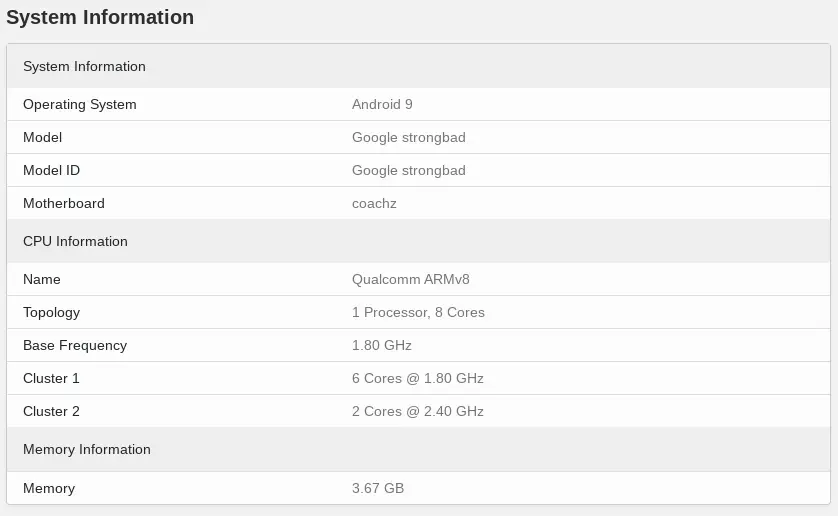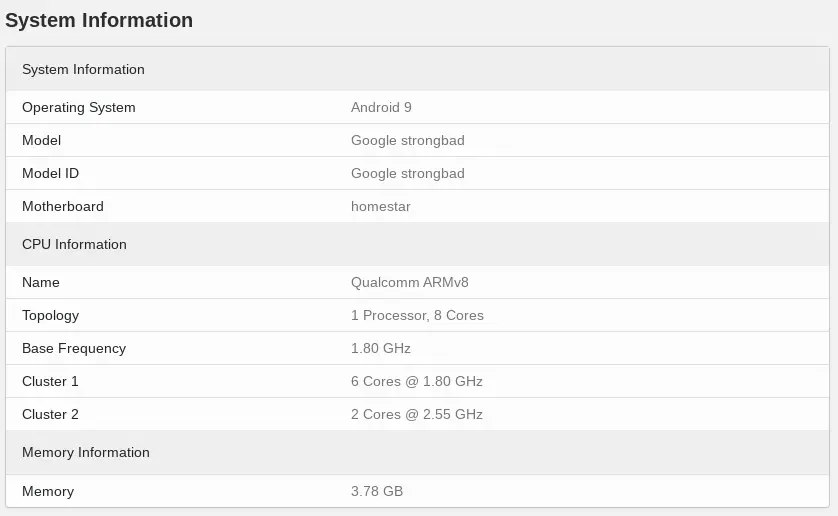
We’re not too far out from the release of the recently-announced Lenovo Chromebook Duet 5 and in preparation of this device’s arrival, we’ve been doing a bit of research around the 2nd-gen Qualcomm Snapdragon 7c that will be powering this interesting detachable Chromebook. You see, the Duet 5 isn’t just a simply sequel to the original Duet from early 2020: it is an entirely different take on the detachable Chromebook form factor that has a few unique tricks up its sleeve.
First and foremost, Lenovo has gone all-in on display and speakers, possibly making this the media consumption king many people are looking for in a tablet/detachable form factor. While we can’t be 100% sure how the OLED screen and quad-speaker setup will actually fare in real life (until we get a review unit, that is), there is another part of this big Chromebook tablet that is of interest that could make a big difference versus its current competition.
Snapdragon 7c Gen 2
In all our tracking of this new Duet, it became clear right away that this device is the ‘Homestar’ development board we’ve been keeping tabs on for months at this point. The OLED screen and quad-speaker features were a dead giveaway, but the inclusion of the new Snapdragon 7c Gen 2 SoC threw me off a bit.
For this newer Gen 2 chip, we began seeing it in the Chromium Repositories in the form of the SC7280 (versus the SC7180 that is the Gen 1 7c) and the two baseboards we saw equipping this new chip were ‘Herobrine’ and ‘Senor’. All of that made sense, but existing Snapdragon Chromebooks in development were all cloned/built from the original ‘Trogdor’ baseboard that is made for the Gen 1 Snapdragon 7c, including ‘Homestar’. When we saw Lenovo announce a 7c Gen 2 Chromebook with an OLED panel and quad-speakers, I knew it was ‘Homestar’, but I wasn’t sure it was really a Gen 2 processor. After all, all our research about this device would point to it being a Snapdragon 7c Gen 1 device.
As it turns out, it is 100% rocking the Gen 2 chip. While I don’t fully understand how this all works in the Chromium Repositories, apparently some of the yet-to-be-released Snapdragon Chromebooks in the original ‘Trogdor’ family can simply be migrated over to this new, Gen 2 SoC from Qualcomm. Already-released ‘Trogdor’ Chromebooks (think Acer Spin 513 and HP x2 11) have all used the Gen 1 processor, but that doesn’t seem to be the rule, here. With a handful of these devices still in the waiting stages, perhaps more of them will follow suit and will launch with the Gen 2 7c instead of the Gen 1 chip.
As you can see in the Geekbench 5 results above, there is a clear clock speed difference in the HP Chromebook x2 11 (‘Coachz’) and the upcoming Lenovo Chromebook Duet 5 (‘Homestar’). The main cores are bumped up to 2.55Ghz just like Qualcomm announced with this Gen 2 Snapdragon 7c, so the Duet 5 is clearly equipped with the newer chip.
Performance gains
And from these same tests you can see some benchmark improvements in both single and multi-core scores. The increase isn’t massive, but it is clearly there. With a roughly 5% gain in single-core and multi-core scores, there will be a slight lift in the overall performance of the Snapdragon 7c Gen 2 versus Gen 1.
That’s not a massive step up, but it is a slight move in a positive direction that will only serve to benefit the Lenovo Duet 5 alongside the fact that Lenovo wisely chose a FHD display instead of cramming in more pixels than necessary. The HP Chromebook x2 11 looks great, but QHD on an 11-inch display is not really necessary and only serves to pull back performance in a device that needs no reason to be any slower.
Pairing up the slightly-faster Snapdragon 7c Gen 2 along with far few pixels on the screen, Lenovo has likely already won the performance war with the new HP detachable. That’s a really good thing since one of the only hangups I had with the HP Chromebooks x2 11 was tablet performance. The Snapdragon 7c simply isn’t that fast and anything manufacturers can do to speed that up is welcome. Bumping things to the newest, fastest version of the Snapdragon 7c chip and reducing the unnecessary pixels on screen is a good step in that direction. Hopefully it means a better overall Chromebook experience when the Duet 5 arrives in the near future.
Join Chrome Unboxed Plus
Introducing Chrome Unboxed Plus – our revamped membership community. Join today at just $2 / month to get access to our private Discord, exclusive giveaways, AMAs, an ad-free website, ad-free podcast experience and more.
Plus Monthly
$2/mo. after 7-day free trial
Pay monthly to support our independent coverage and get access to exclusive benefits.
Plus Annual
$20/yr. after 7-day free trial
Pay yearly to support our independent coverage and get access to exclusive benefits.
Our newsletters are also a great way to get connected. Subscribe here!
Click here to learn more and for membership FAQ





